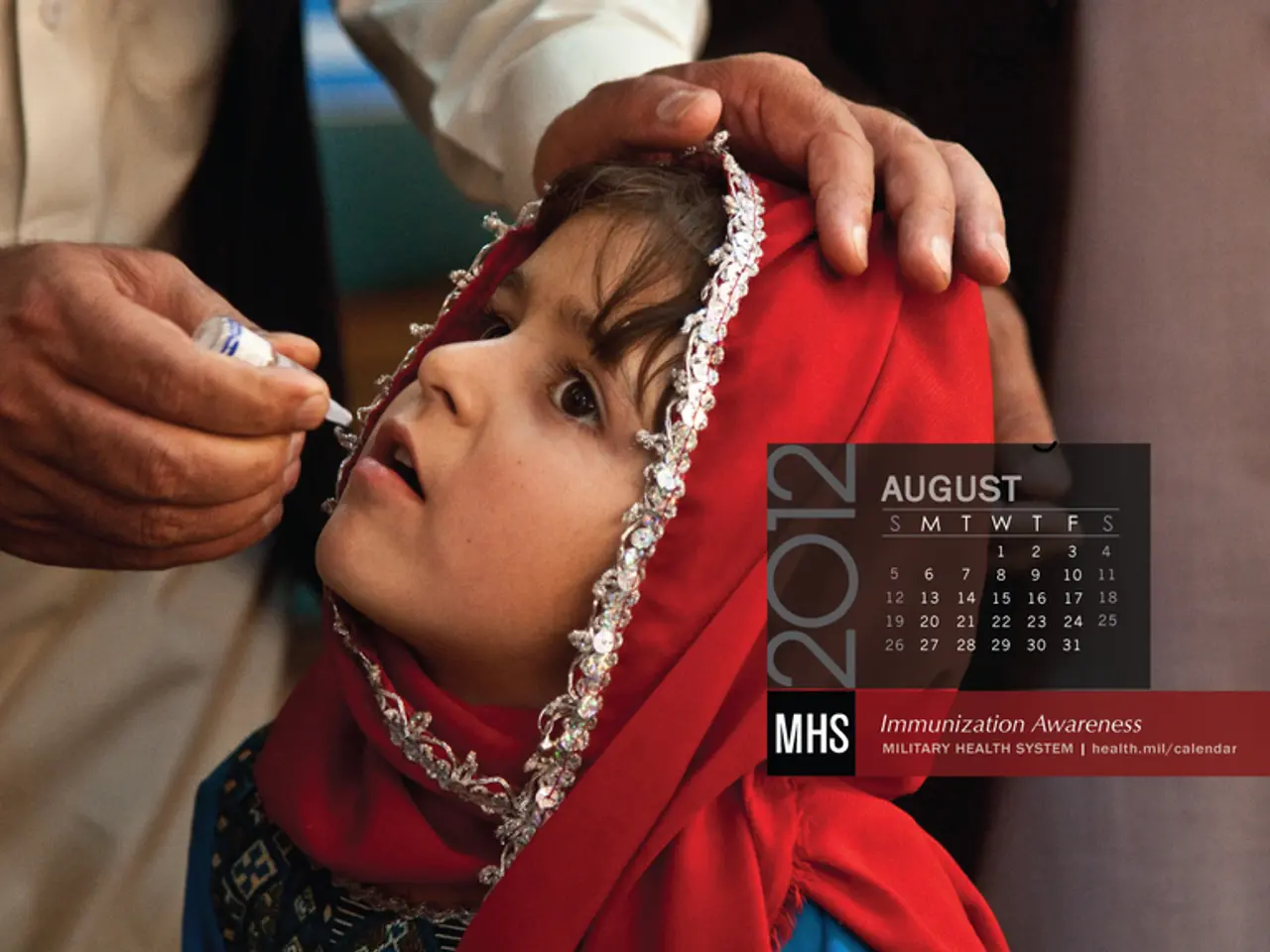Gunman at CDC links COVID-19 vaccine to depression; labor union calls for anti-misinformation declaration
A shooting incident occurred at the U.S. Centers for Disease Control and Prevention (CDC) headquarters in Atlanta, Georgia, resulting in the death of DeKalb County Police Officer David Rose and raising concerns about safety and security on the CDC campus.
The shooter, identified as Patrick Joseph White, was a 30-year-old man who was armed with at least five guns, including at least one long gun. White was found on the second floor of a building across the street from the CDC campus and died at the scene.
The shooting left bullet marks in windows across the sprawling CDC campus, and at least four CDC buildings were hit. Thousands of people who work on critical disease research are employed on the CDC campus, and more than 90 young children were locked down inside the CDC's Clifton School during the shooting.
Nancy Hoalst, a neighbor of White, stated that White "very deeply believed" that vaccines were hurting him and others. White's father also spoke of White's distrust of COVID-19 vaccines. The American Federation of Government Employees, Local 2883, called for a clear and unequivocal stance from the CDC and leadership of the Department of Health and Human Services in condemning vaccine disinformation.
The union has called for perimeter security on all CDC campuses until the investigation is completed and shared with staff. They also stated that windows and buildings should be fixed and made "completely secure" before staff return to work. The union believes that staff should not be required to immediately return to work after the traumatic event, as forcing a return under the current conditions risks re-traumatizing staff by exposing them to reminders of the shooting.
The history of vaccine-related misinformation, particularly during the COVID-19 pandemic, has had a significant negative impact on public health institutions such as the CDC. Misinformation has fueled vaccine hesitancy, undermined trust in health authorities, and complicated efforts to achieve mass vaccination and control disease spread.
The investigation into the shooting is complex and will take an extended period of time, according to the Georgia Bureau of Investigations. The CDC and other health bodies have worked to provide factual education and transparent information to counter misinformation and restore trust in institutions like the CDC. The union's calls for increased security and a clear stance against vaccine disinformation highlight the ongoing challenges facing public health institutions in the face of misinformation and distrust.
References:
[1] Kull, E. J., & Paletz, D. L. (2021). The politicization of the COVID-19 pandemic in the United States. Journal of Health Communication, 26(1), 80-88.
[2] Maddox, S. (2021). The dangers of COVID-19 vaccine misinformation. Nature, 593(7858), 177-179.
[3] Park, J. H., & Lee, J. (2021). Vaccine hesitancy and the politicization of public health: A review of the literature. Journal of Health Communication, 26(1), 75-80.
[4] Rochman, C. M., & Rochman, S. L. (2021). The politicization of vaccines: What can we learn from the COVID-19 pandemic? Journal of Health Communication, 26(1), 89-96.
[5] Salmon, A., & Salmon, R. (2021). Countering vaccine misinformation: Strategies for restoring trust in public health institutions. Journal of Health Communication, 26(1), 97-104.
Read also:
- Government intends to enforce medical certificates for cannabis users to prevent illicit exportation
- Unveiling the Hidden Advantages of Oranges, Despite Professionals Advising Against Consuming Their Juice
- Responding to the emotional pull: "Answering the summons of the heart"
- Utah Legal Professionals Assess Case Worth and Fault in Personal Injury Claims





